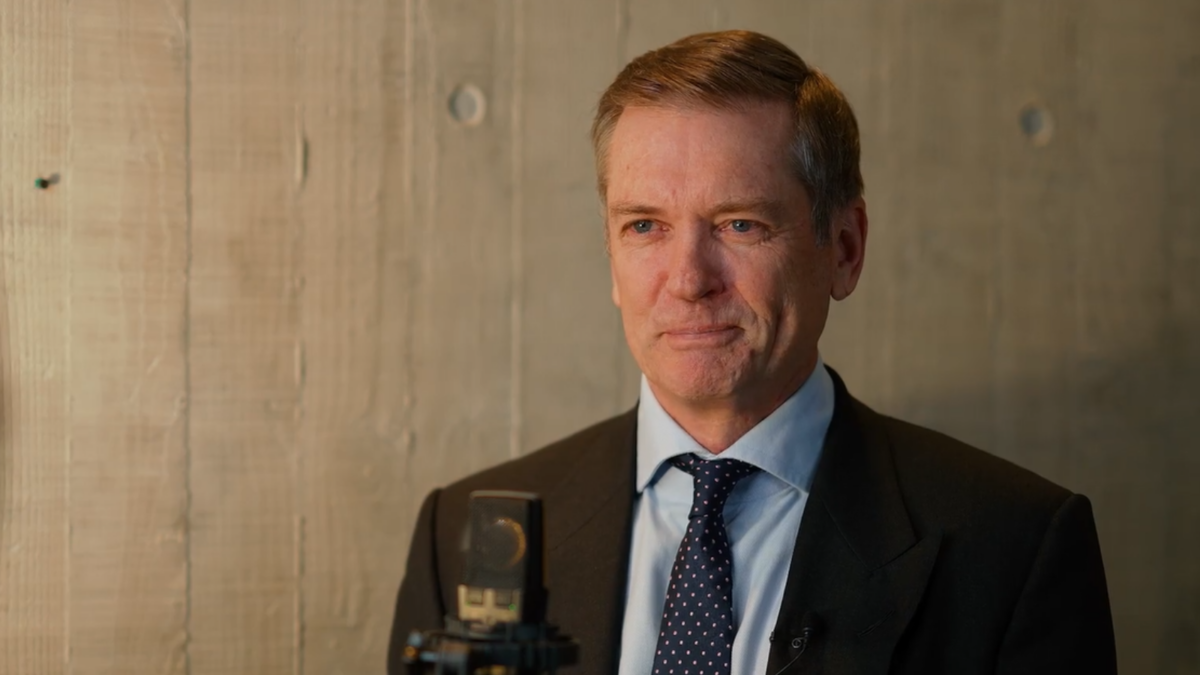Bond yields to decline as rate expectations bubble reverses
Traditional fixed income allocations, whether in the form of corporate or government bonds have been on the nose in 2022 and most of 2021 for that matter. The threat of inflation and associated rate hikes led many to rename the sector as ‘fixed loss’ rather than fixed income.
Andrew Canobi, co-Portfolio Manager of the flexible duration, Franklin Absolute Return Bond Fund, thinks the consensus on rate hike expectations may well be overdone. In fact, his view is that ‘government bond yields will decline as the air comes out of the rate expectations bubble’.
Highlighting this fact is that the three-year government bond yield is now sitting at around 150 basis points above the RBA Cash Rate, suggesting that the ‘market’ expects a full 1.50 per cent rate hikes in the 12 months ahead. Commenting he offers hope for yield starved investors, saying “If you believe this is overdone and highly unlikely to be realised, which is our view, government bonds are cheap”.
Canobi compares the sector to a ‘layer cake’ suggesting the sector is increasingly appetising, at a time when equity market volatility continues to grow, and private market valuations are also high. “What has caught our eye has been the slow repricing of high-quality investment grade corporate bonds over the last three months.”
He says that each of the three layers of the cake, being government bond yields (the risk-free rate), swap spreads and credit spreads, representing the risk of lending, are all attractive now. “Across a range of maturities, spreads are currently close to the widest they have been in a year” with all three layers contributing to the potential for ‘appealing total return prospects over the next one to two years”.
Whilst there remains the risk that corporate bonds could become ‘cheaper’ in the short-term, “total returns now look compelling” in the view of this active, flexible duration manager.











